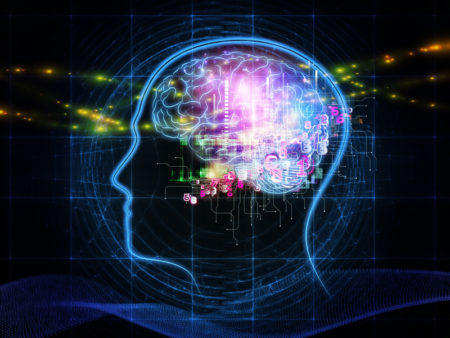 Having a mental health disorder may not automatically disqualify someone from adopting internationally. Each case is reviewed on an individual basis to determine eligibility. Prospective adoptive parents must be approved to adopt at several different stages in their journey.
Having a mental health disorder may not automatically disqualify someone from adopting internationally. Each case is reviewed on an individual basis to determine eligibility. Prospective adoptive parents must be approved to adopt at several different stages in their journey.
When a prospective adoptive parent first initiates a conversation with their adoption agency they will discuss adoption in general and each country program to determine if they qualify. Next, they must have an approved home study completed and be approved by the federal government (USCIS). Finally, they receive approval from the country where they wish to adopt. Each entity looks closely at all submitted information to determine if adoption is in the best interest of the child and family. At any step along the way additional information could be requested to determine suitability to adopt. Because there are so many different approvals required there is no guarantee that a prospective parent will be approved or not approved.
A home study completed by a licensed child-placing agency has a significant impact on whether or not a person is approved to adopt. Anyone who has a diagnosed mental health disorder will need to provide information from a licensed professional that can attest that the condition will not affect an ability to parent an adopted child. A social worker may require a letter from their therapist verifying the status of the condition or if they are not working with a therapist they may be required to complete a mental health assessment. This information is used to determine if an adopted child can be raised in a safe environment.
It is important to disclose all information regarding a mental health disorder, so that a social worker can help work through any issues and provide additional education or resources in preparation for an adoption journey. Full disclosure is also important so that the social worker can write the most accurate information in the home study. A social worker will want to know if there has been any criminal history or inpatient or outpatient psychiatric care in the past. They will also want to know the outcomes, when it occurred, any therapy attended, medication that was taken at the time or that is still being taken, any support systems in place, and the current stability of the condition.
Parenting a child through adoption is not easy and parenting with a mental health disorder can be even harder. Because of the additional strain that adoptive parenting can cause it is important that a mental health diagnosis is well controlled and stable before initiating an adoption process. Adoption is born out of trauma and many of these children have difficult pasts and may even have a diagnosed or undiagnosed disorder. It is often more difficult for a parent to help a child with unresolved issues when the parent has unresolved issues as well.
If your family is considering adoption, talk to a licensed health care professional to see if they would recommend adoption. Even if adoption is not recommended right now, it may still be a possibility in the future once the condition is better. Many mental health conditions can be improved over time with the right therapy and/or medication. Once a mental health disorder is under control and stable, adoption may then be an option.
Many countries want to see that if a prospective adoptive parent has a diagnosis that it is stable and will not interfere with parenting a child. Some countries, however, have stricter views on certain disorders. Ukraine, for example, will not allow an adoptive parent with a mental health diagnosis to adopt. Every country is different, and each scenario must be considered individually.
Having a mental health disorder may not completely disqualify an applicant. Hague Accredited International Adoption Agencies are best suited to answer any questions on a case-by-case basis.
Photo Credit: A Health Blog
